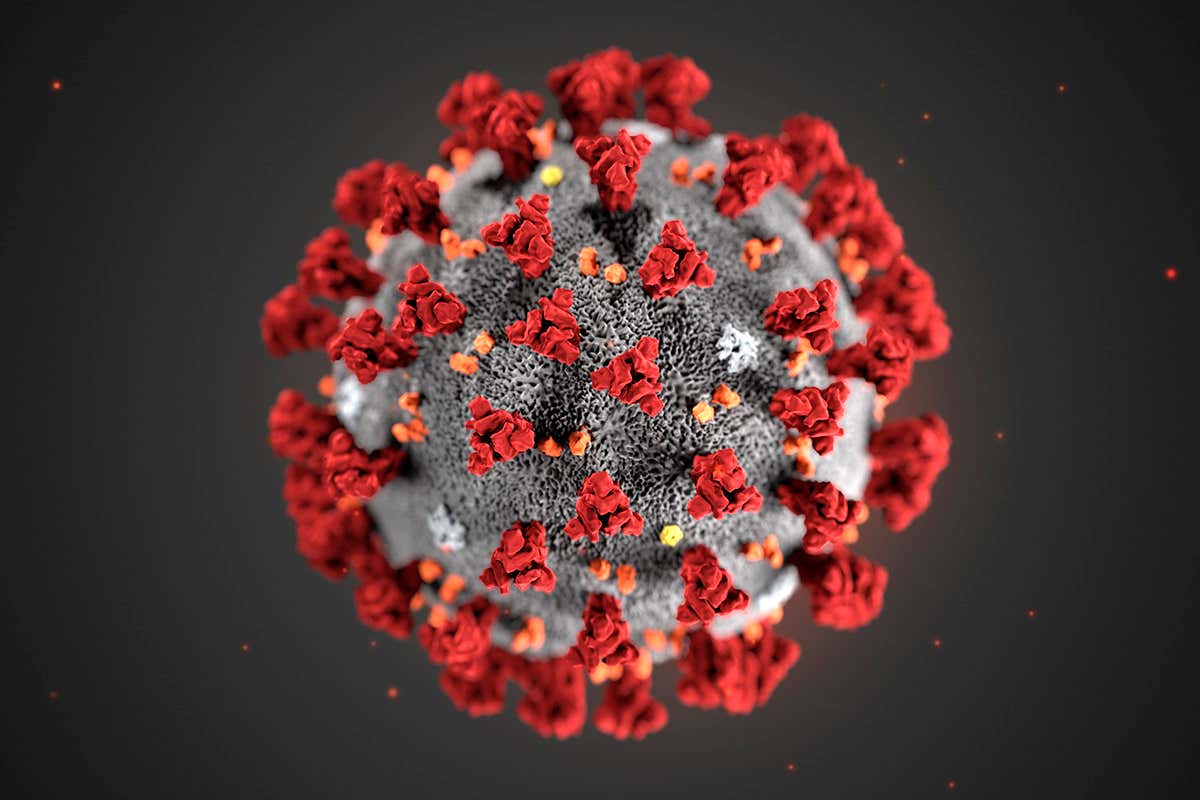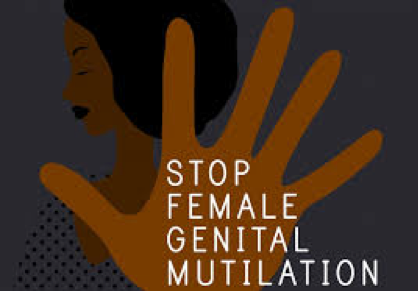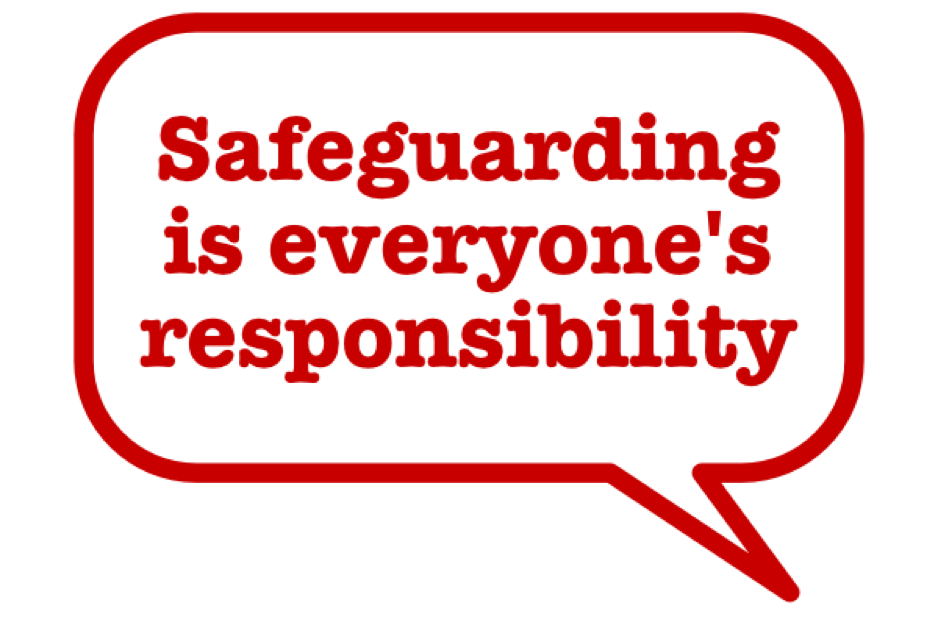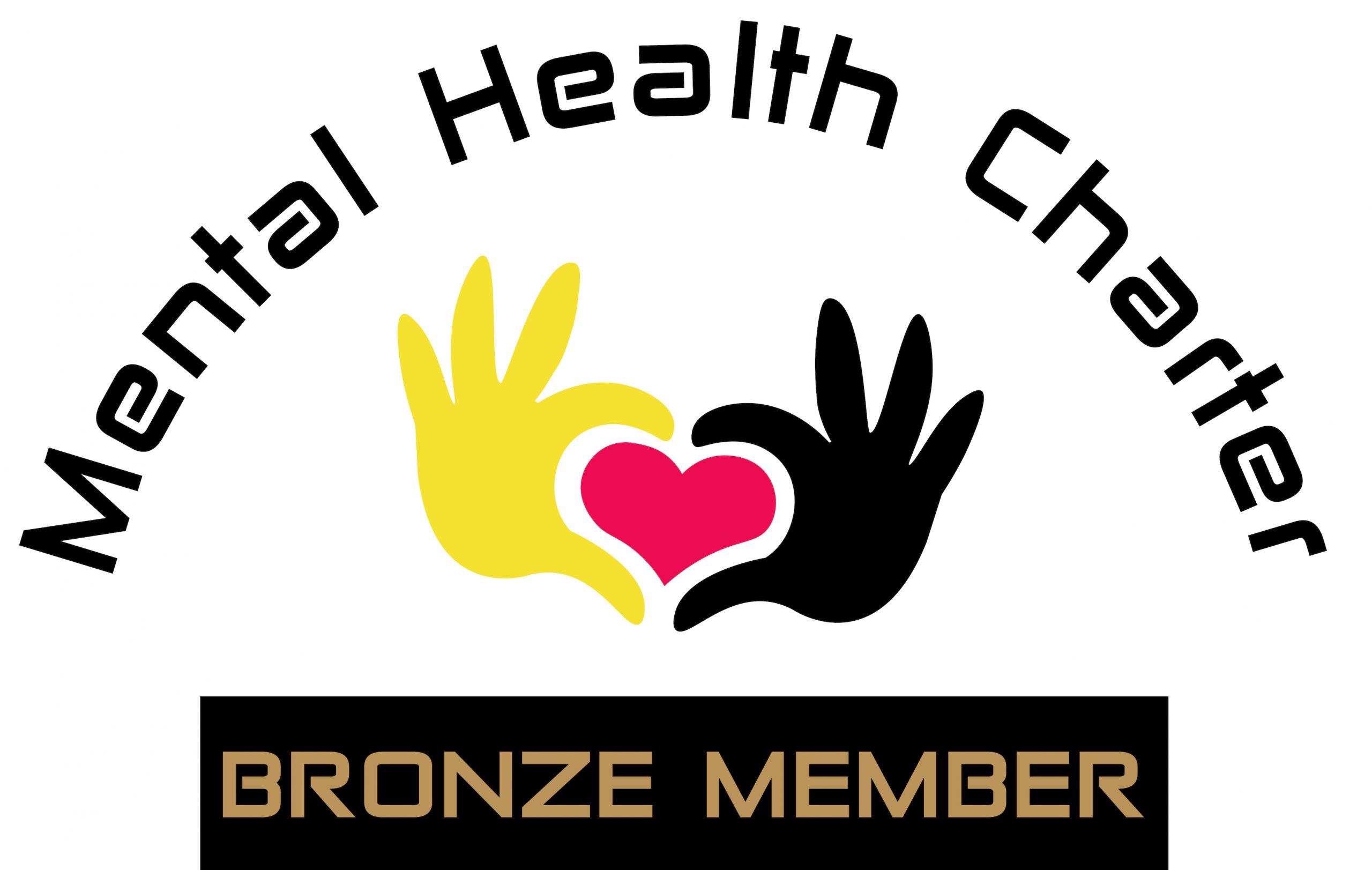Rehab 4 Addiction
Rehab 4 Addiction was founded to assist those affected by substance misuse and their loved ones. They offer a range of services, and help signpost you to the most effective treatments. This includes alcohol rehab, drug rehab, detox services, intervention, aftercare and outpatient counselling. Their helpline advisors are committed to helping you in your quest to locate effective treatments for addiction.
Contact details
Phone 0800 140 4690
Email info@rehab4addiction.co.uk
Website https://www.rehab4addiction.co.uk
If you are concerned about addiction, you can speak to your tutor or email jane@qdostraining.com
 COVID-19
COVID-19
During this challenging time, our tutors and safeguarding officers are here to support you.
There are many helpful websites available for both work related and mental well being support.
https://www.gov.uk/
https://www.nhs.uk/
https://www.acas.org.uk/
https://www.moneyadviceservice.org.uk/en
https://www.mind.org.uk/
https://www.mentalhealth.org.uk/
https://youngminds.org.uk/
Your tutor will keep in touch with you on a regular basis and can be contacted using their email address. Alternatively, you can contact the safeguarding team on jane@qdostraining.com
If you have any questions or issues related to COVID-19 please email jane@qdostraining.com
 Female Genital Mutilation
Female Genital Mutilation
Female genital mutilation (FGM) is a procedure where the female genitals are deliberately cut, injured or changed, but there’s no medical reason for this to be done. It’s also known as female circumcision or cutting, and by other terms, such as sunna, gudniin, halalays, tahur, megrez and khitan, among others. It’s very painful and can seriously harm the health of women and girls, causing long-term problems with sex, childbirth and mental health.
FGM is usually carried out on young girls between infancy and the age of 15, most commonly before puberty starts. It’s illegal in the UK and is child abuse.
Often girls are taken abroad for a longer period of time and have no idea that it is planned. Girls are more at risk of FGM being carried out during the summer holidays, as this allows more time for them to “heal” before they return to school.
If you are concerned about FGM, you can speak to your tutor or email jane@qdostraining.com
Equality and Diversity
Equality is about ensuring everybody has an equal opportunity, and is not treated differently or discriminated against because of their characteristics.
Diversity is about taking account of the differences between people and groups of people, and placing a positive value on those differences.
Under the Equality Act (2010), people are protected from discrimination based on their:
- Ethnicity
- Sex
- Gender reassignment
- Disability
- Religion and belief
- Age
- Sexual orientation
- Pregnancy and maternity
- Marriage and civil partnerships
If you have any concerns about equality or diversity, please speak to your tutor or email jane@qdostraining.com
 Safeguarding
Safeguarding
Safeguarding means protecting the right to live in safety, free from abuse and neglect. It is about people and organisations working together to stop abuse or neglect.
The aims of safeguarding are to:
- Stop abuse or neglect
- Prevent harm and reduce the risk of abuse or neglect
- Protect young people and vulnerable adults from abuse, maltreatment and exploitation
- Prevent anything from harming health or development
- Ensure young people and vulnerable adults can grow up in a safe and effective environment
- Take action to ensure they have the best outcomes in life
Anyone can carry out abuse or neglect, including partners, other family members, neighbours, friends, paid staff or professionals, volunteers and strangers.
Common forms of abuse:
Physical abuse– including assault, hitting, slapping, pushing, misuse of medication, restraint or inappropriate physical punishment such as smacking
Domestic Violence– including psychological, physical, sexual, financial, emotional abuse; honour based violence.
Sexual abuse– including rape, indecent exposure, sexual harassment, inappropriate looking or touching, sexual teasing or innuendo, sexual photography.
Psychological abuse– including emotional abuse, threats of harm or abandonment, isolation, humiliation or blaming.
Financial abuse– including theft, fraud, internet scamming, controlling someone’s money and spending
Modern slavery– encompasses slavery, human trafficking, forced labour and domestic service.
Discriminatory abuse– including forms of harassment, slurs or similar treatment because of race, gender and gender identity, age, disability, sexual orientation or religion.
Organisational abuse– including neglect and poor care practice within and institution or specific care setting such as a hospital or care home, for example, or in relation to care provided in one’s own home.
Neglect– including ignoring medical, emotional or physical care needs, failure to provide access to appropriate health, care and support or educational services, the withholding medication, food and heating.
Self neglect– this covers a wide range of behaviour such as neglecting to care for own personal hygiene, health or surroundings and includes behaviour such as hoarding
If you are concerned about safeguarding, you can speak to your tutor or contact jane@qdostraining.com
 British Values
British Values
British Values are the fundamental behaviours that make our society and communities work together. They are:
- Mutual respect and tolerance of others
- Individual liberty
- Law and legislation
- Democracy
These values aim to create harmony in communities and prevent groups or minorities being isolated or excluded. Our learners should be able to distinguish right from wrong and to respect the civil and criminal law of Britain, accept responsibility for their behaviour, show initiative, and understand how they can contribute positively to their society, have and show respect for public institutions and services in Britain, have tolerance and understanding of different cultural traditions, show respect for other people and understand democracy.
Radicalisation and Extremism
Radicalisation is a process where an individual or group develops increasingly extreme political, social, or religious ideals and aspirations. The threats to young people take many forms, not only the high profile incidents of those travelling to countries such as Syria and Iraq to fight, but on a more local scale with neo-Nazi behaviours and far right extremism. Social media is being used as a channel to promote and engage these ideas and views to young people, often this promotes and glorifies violence, attracting and influencing many people including children and in the extreme cases, radicalising them. Over time, young people may be drawn into these views and accept them as normal.
Extremism is holding an extreme, fanatical view and is often associated with religious or political beliefs.
Signs of radicalisation and extremism
• when a person cuts off ties with friends and family to keep company with a new circle
• when they start to support violence
• when they suddenly become disinterested in school or activities they previously liked to do
• when they express hateful views or use derogatory terms towards other individuals or groups
• if they are spending time on their computer researching extremist groups
• if they are liking or retweeting posts made by fighters or extremist ideologues on their social media accounts
What to do if you are concerned
Speak to your tutor or email our safeguarding contact jane@qdostraining.com or contact the Police anti-terrorism line 0800 789 321.
 Prevent
Prevent
Prevent is a community safeguarding programme; the aim is to stop people becoming terrorists or supporting terrorism.
Prevent is about safeguarding people and communities from the threat of terrorism. Prevent is 1 of the 4 elements of CONTEST, the Government’s counter-terrorism strategy.
What does Prevent do?
- Responds to the threats faced by communities from those who support terrorism and extremist behaviour
- Provides practical help to prevent people from being drawn into terrorism and ensure they are given appropriate advice and support.
- Works with others, such as education providers, faith leaders, charities, health organisations, to provide information and guidance to others
Prevent challenges extremist behaviour by supporting people who are at risk of being drawn into terrorist or extremist activity through the Channel process, working with and supporting community groups and social enterprise projects who provide services and support to vulnerable people, Working with faith groups and institutions to assist them in providing support and guidance to people who may be vulnerable and supporting local schools, local industry and partner agencies through engagement, advice and training.
If you see or hear something that could be terrorist related call the Police Hotline on: 0800 789 321
Channel is a progamme of early intervention and diverting people away from the risk of being radicalised. Channel works with other agencies and the police to identify individuals who may be vulnerable and at risk, and to put an action plan into place.
If you have concerns about extremist behaviour, you can talk to your tutor or email our safeguarding contact on jane@qdostraining.com
Useful websites:
https://www.ltai.info/what-is-prevent/
https://www.ltai.info/what-is-channel/




